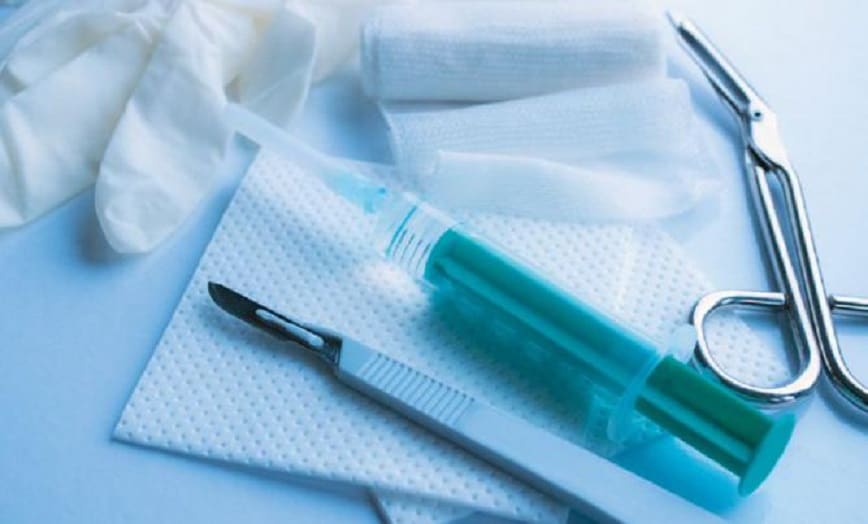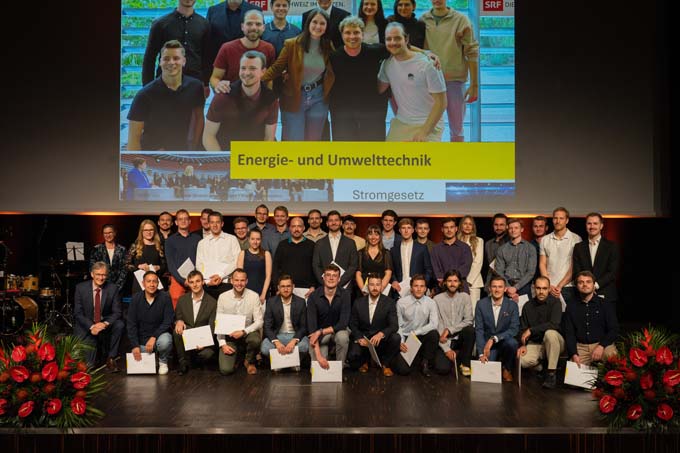Innovation or compliance?
While the pharmaceutical industry has long been used to the many registrations and approvals, a wave of regulation is now also reaching medical technology companies. On 5 April 2017, the EU Parliament adopted the new Medical Devices Regulation.

The Swiss medtech industry has economic weight: according to the 2016 Swiss Medical Technology Industry (SMTI) survey, this industry generated sales of CHF 14.1 billion in 2015, which corresponds to 2.2 percent of gross domestic product. Products worth CHF 10.6 billion alone were exported, mainly to Germany and the USA. Around 1400 companies - manufacturers, suppliers, service providers and trading companies - employ around 55,000 people.
Cost pressure and need for innovation
The Swiss medtech industry is characterized by a few large players such as Synthes, Sonova and Straumann, but also by a large number of small companies. The majority of these are likely to be companies with fewer than 30 employees. Another characteristic is a strong fragmentation by product: The range extends from hearing aids to pacemakers and joint implants to syringes or surgical gloves - high-tech meets consumables, and all of this in the service of the patient.
Swiss players operate in a globalized market. Like other sectors, the medtech industry is also under considerable cost pressure. Manufacturing costs make Swiss products expensive internationally - but this need not be a disadvantage as long as the quality is right. On the other hand, the demand for cheaper products is growing due to steadily rising healthcare costs. But small niche players often cannot produce cheaply at all, unless they relocate production to countries with lower labour costs.
Innovation plays a decisive role in this. The majority of Swiss companies are well positioned in this respect. However, new products require new approvals. And obtaining these is a lengthy process. However: "Innovations are very important, especially those that are intended to change fundamental things," says Martin Rohrbach, Sector Head Life Sciences at KPMG Switzerland. He gives an example: "Take artificial hip joints: That was a groundbreaking invention in the 1960s. Since then, products have been steadily improved, but there have hardly been any revolutionary new approaches. Today, therefore, it must be a matter of fundamentally questioning what has existed."
EU regulation brings additional work
The majority of the many small Swiss medtech companies operate in highly specialised niches. This is a model for success, because there is strong demand for high-precision products of equally high quality. But this successful model is now coming under pressure from new regulations. "It is becoming increasingly difficult for niche players to keep up with existing business models in the market," warns Martin Rohrbach. The reason for this lies in a new EU regulation for medical devices (MDR) and for in vitro diagnostics (IVDR). These two regulations come into force as early as May of this year, albeit with transition periods of 3 (MDR) and 5 years (IVDR). The umbrella organisation for Swiss medical technology, FASMED, sees an immediate need for action on two fronts: On the one hand, Switzerland, like the EU members, must prepare for "serious changes". This involves additional and stricter requirements for the entire medtech value chain. Products must be registered and their traceability must be fully ensured. "The regulations comprise 1000 pages. Identifying and complying with all the regulations it contains is a Herculean task for companies," says Martin Rohrbach. FASMED is therefore preparing a task force to support companies in implementing the EU regulations.
Companies and legislators are challenged
On the other hand, Swiss legislation must also be adapted to the EU regulation so that local companies can continue to export their products to the EU without additional obstacles in the future. The FOPH therefore intends to completely revise the Swiss Medical Devices Ordinance by 2020.
It is not the case that medical technology products were previously subject to no rules at all. Implant manufacturers, for example, first need approval from the FDA (Federal Drug Administration) for their products that they want to export to the USA. And various industry and GMP standards have also existed for a long time. For the medical products sector, the new regulation therefore represents a modernisation of existing regulations, as the industry organisation MedTech Europe writes. It also welcomes these new regulations, as they ultimately serve patient safety.
Be that as it may: despite transitional periods, things must now move quickly. And whether this will go smoothly is still up in the air. "It is not yet clear exactly how the software for product registration will work," says Martin Rohrbach. He therefore expects that there will be bottlenecks because products that have not been approved may no longer be used. For companies, this poses a crucial question, as Rohrbach continues. "A medium-sized manufacturer of medical products recently told me that he was now faced with a choice: with his existing resources, he could either be innovative or compliant. Both together are no longer possible." It's hard to imagine what the situation would be like for an implant manufacturer who now has to register every single screw in conformity with the EU...
Opportunity for long overdue consolidation
Even though the regulator is intervening strongly in the market, this should not be seen in a completely negative light. After all, the new EU regulations do not require the "bureaucratic monster" of a central approval authority à la the FDA. And extensive clinical studies are by no means necessary for all medical technology products - as is customary in the pharmaceutical industry, for example. However, KPMG expert Rohrbach sees the EU regulations as a "game changer" for the entire industry. However, this also offers opportunities for consolidation. "Smaller players in particular should increasingly seek cooperation with partners. Increased cooperation between manufacturers and specialists can have an innovation-promoting effect." Even an acquisition by a larger player should not be completely ruled out. Nevertheless, many smaller players will disappear from the market unless they succeed in moving into new, less regulated areas. And in the long term, Switzerland as a business location, with its well-trained specialists and good position in tax competition, should once again prove to be an advantage. "Ultimately, approvals for medical products are increasingly being regulated globally," says Rohrbach.









